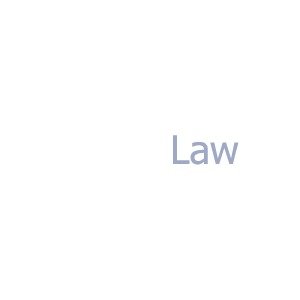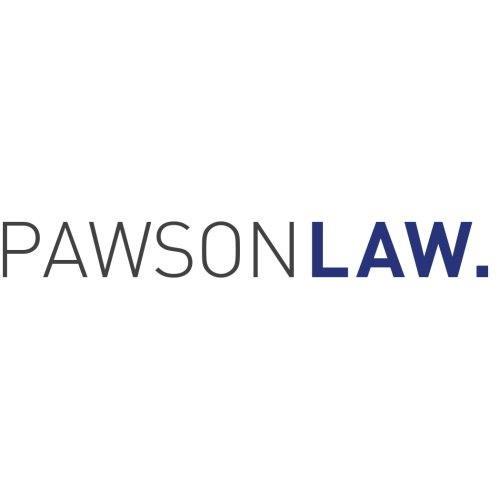Best Employment Rights Lawyers in Tauranga
Share your needs with us, get contacted by law firms.
Free. Takes 2 min.
List of the best lawyers in Tauranga, New Zealand
About Employment Rights Law in Tauranga, New Zealand
In Tauranga, New Zealand, employment rights law is a legal field that governs the rights and responsibilities between employers and employees. It covers a diverse range of issues, from employment contracts and workplace safety to discrimination and unfair dismissal. New Zealand's employment law framework is mainly regulated by the Employment Relations Act 2000, the Health and Safety at Work Act 2015, and the Human Rights Act 1993 alongside other legislation and common law rules.
Why You May Need a Lawyer
Legal advice may be required in several situations concerning employment rights. If you believe you have been unjustly treated, discriminated against, or unfairly dismissed, a lawyer can provide guidance on your rights and potential remedies. Additionally, if you are an employer facing accusations or lawsuits from an employee or a regulatory body, a lawyer can represent your interests and guide you through the legal processes. In the event of drafting, reviewing, or negotiating employment contracts, legal counsel can ensure your interests are protected.
Local Laws Overview
In Tauranga, as across New Zealand, the Employment Relations Act 2000 enshrines the rights of employees to fair and just treatment in the workplace. Key protections include the right to fair pay, the right to a safe and healthy workplace, protection against unjustifiable dismissal, and the right to freedom from discrimination, harassment and bullying. The Human Rights Act 1993 also protects workers against discrimination on a wide range of grounds including sex, marital status, religious belief, ethical belief, colour, race, ethnic origin, disability, age, political opinion, employment status, family status, and sexual orientation.
Frequently Asked Questions
What is unjustifiable dismissal?
Unjustifiable dismissal, also known as unfair dismissal, refers to termination of employment in a way that is not fair or reasonable. This could be because the reason for dismissal is not valid, or the employer did not follow a fair process before deciding to dismiss.
Can I be dismissed for refusing to work in unsafe conditions?
No, the Health and Safety at Work Act 2015 provides employees the right to refuse work that they believe may cause them serious harm.
Do I have the right to join a union?
Yes, under the Employment Relations Act, all employees have the right to join or not to join a union.
Can I be discriminated against due to my age and disability?
No, the Human Rights Act prohibits discrimination on grounds including age and disability.
Am I entitled to paid leave?
Yes, the Holidays Act 2003 covers several types of paid leave, including annual holidays, public holidays, sick leave, and bereavement leave.
Additional Resources
Government bodies like the Ministry of Business, Innovation and Employment, and the Employment Relations Authority can provide valuable guidance. Additionally, local community law centres and Citizens Advice Bureau offer free advice on employment matters.
Next Steps
If you require legal assistance, consider seeking professional advice from a reputable employment lawyer. Prepare all relevant documentation about your situation. This may include your contract of employment, any relevant correspondence, and other records concerning your issue. Being well-prepared can help your lawyer to better understand your circumstance and provide appropriate advice and representation.
Lawzana helps you find the best lawyers and law firms in Tauranga through a curated and pre-screened list of qualified legal professionals. Our platform offers rankings and detailed profiles of attorneys and law firms, allowing you to compare based on practice areas, including Employment Rights, experience, and client feedback.
Each profile includes a description of the firm's areas of practice, client reviews, team members and partners, year of establishment, spoken languages, office locations, contact information, social media presence, and any published articles or resources. Most firms on our platform speak English and are experienced in both local and international legal matters.
Get a quote from top-rated law firms in Tauranga, New Zealand — quickly, securely, and without unnecessary hassle.
Disclaimer:
The information provided on this page is for general informational purposes only and does not constitute legal advice. While we strive to ensure the accuracy and relevance of the content, legal information may change over time, and interpretations of the law can vary. You should always consult with a qualified legal professional for advice specific to your situation.
We disclaim all liability for actions taken or not taken based on the content of this page. If you believe any information is incorrect or outdated, please contact us, and we will review and update it where appropriate.

















